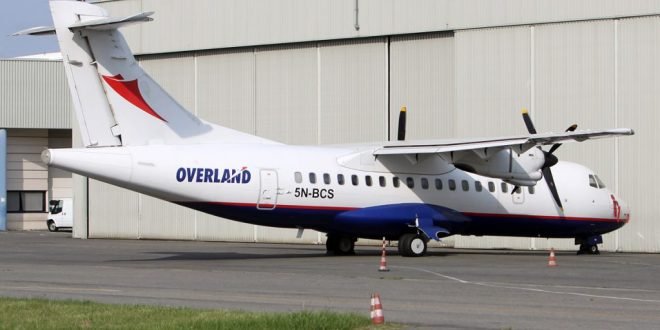A leading name in the global aerospace industry, Embraer has businesses in Commercial and Executive aviation, Agricultural aviation as well as Defense and Security. The company is engaged in designing, development, manufacturing and marketing aircraft and systems; along with after-sale services and support.
Headquartered in Brazil, the company has delivered over 8,000 aircrafts since its inception in 1969. Embraer is the chief manufacturer of commercial aircrafts up to 150 seats and the primary exporter of supplementary goods in Brazil. The company maintains offices, industrial units and distribution centers across America, Asia, Africa and Europe.
Embraer Announces Contract with Overland Airways at the Dubai Air Show
At the Dubai Air Show, Embraer announced a firm order for three new E175s with Overland Airways, from Nigeria. In addition, the order includes three purchase rights for the same model of the aircraft. The deal worth USD 299.4 million is aimed at expanding regional routes and increasing the number of domestic flights. Featuring a premium class cabin configuration, the 88-seater aircrafts will be delivered 2023 onwards.
Talking about the partnership, the Vice-president for Europe, Middle East and Africa, Embraer Commercial Aviation – Cesar Pereira said, “We are proud of this partnership with Overland and to support their regional expansion. We are seeing growing long-term demand for rightsized aircraft to deliver profitable domestic connections in Nigeria.”

Embraer Publishes its 20-Year Market Outlook
In a press briefing at the Dubai Air show, Embraer also published its 20-year Market Outlook for commercial aircraft deliveries through 2040. The Market Outlook outlines the trends that will influence the deliveries of new turboprop and jet aircrafts and the demand for air travel as a whole. The outlook presented the results for seven global regions.
The three key trends expected to shape the future demand for aircraft and air travel include:
i) Environmental Factors – Airline companies will look to acquire fuel-efficient fleets.
ii) Global Digitalization – Advancements in technology and shift to digital workspaces will affect travel demand.
iii) Regionalization and Localization – Relocation for localized production and minimizing disruptions in the supply chain.